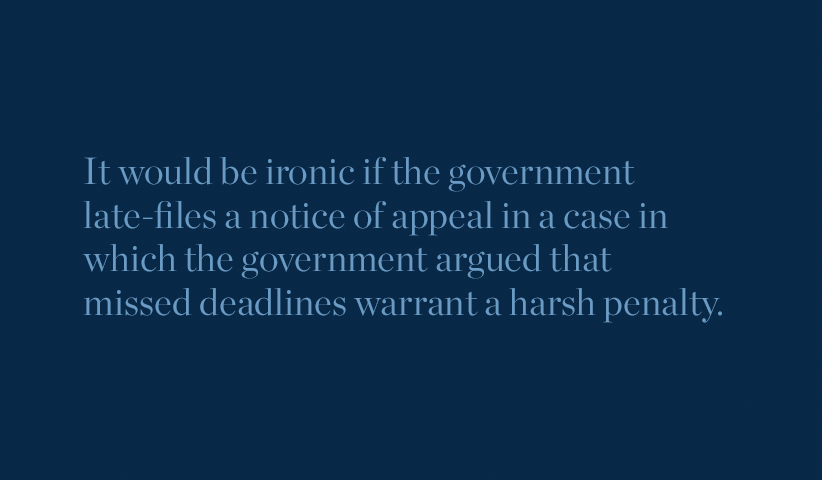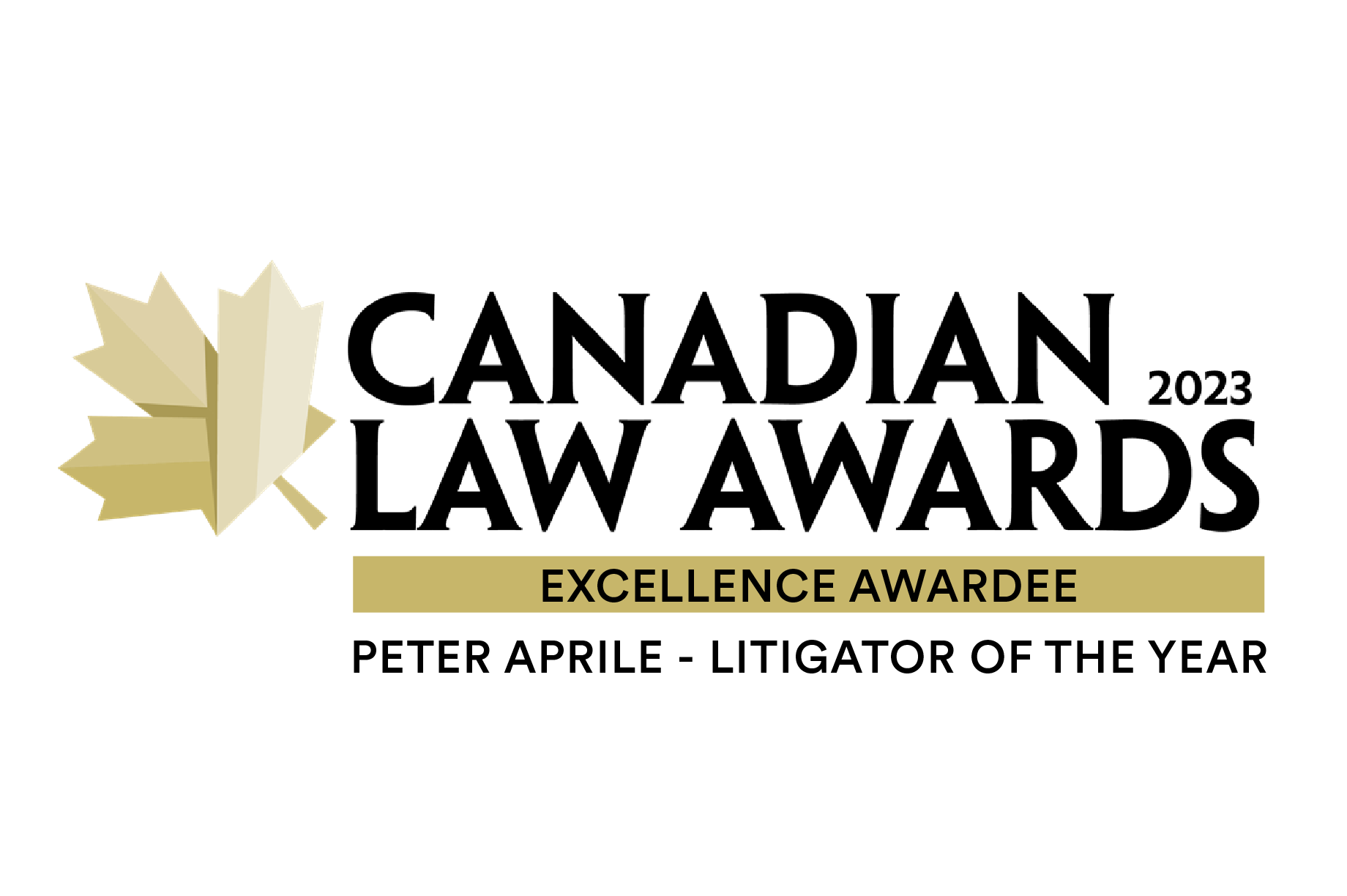
In a potentially precedent-setting case, the Tax Court of Canada has determined that the often “harsh” penalties imposed on taxpayers who misreport income in two out of four years cannot be imposed if due diligence is exercised in at least one of those years.
“This decision is a welcomed one as it sheds some light on the extent of the due diligence defence that is available to tax-payers and essentially provides an additional decision for tax-payers to rely on when faced with these penalties,” said Richard Weiland, a tax lawyer with Clark Wilson in Vancouver.
Toronto tax lawyer Peter Aprile is hoping the decision will persuade the minister of national revenue “to reconsider the routine imposition and dogged prosecution of a penalty that, in many cases, is disproportionate to the failure and exceeds other types of penalties that are designed to punish the most egregious conduct under the [tax] act.”
The court, in Galachiuk v. Canada [2014] T.C.J. No. 141, examined the application of a penalty under subsection 163(1) of the Income Tax Act. The penalty amounts to 10 per cent of the unreported income, plus another 10 per cent imposed at the provincial level.
“This often considerably exceeds the unpaid tax on the unreported income. As such, it has been described as a ‘harsh’ penalty by the Tax Court of Canada,” said Laurie Beausoleil, an associate in tax litigation with Wilson & Partners, a law firm affiliated with PwC LLP in Montreal.
In Galachiuk, the taxpayer failed to report $683 in the 2008 taxation year. However, in preparing his 2008 tax return, Robert Galachiuk, an Alberta resident, informed his investment advisers that he was moving to ensure that he received his T-slips at his new address, arranged with Canada Post to forward his mail, and carefully prepared his tax return.
“The court held that, in preparing his 2008 tax return, the taxpayer took reasonable precautions to avoid the failure and, therefore, established the he was duly diligent with respect to the 2008 taxation years,” said Peter Aprile, the principal of ATX Law in Toronto.
The following year, Galachiuk failed to report $436,890 and contended he was under the mistaken belief that his employer had reported all his income to the Canada Revenue Agency. However, he admitted that he did not review the relevant 2009 documents or appreciate that the T4A slips filed by his employer represented only 30 per cent of his income.
“The court commented that the taxpayer’s mistake of fact was not reasonable and, therefore, the taxpayer was not duly diligent in preparing his 2009 tax return,” said Aprile.

However, Justice David Graham found that due diligence in one year was sufficient to negate the imposition of a penalty. He adopted a broader approach to the question on the basis that if Parliament had wanted taxpayers to exercise due diligence every year it would have expressly limited the options available. Justice Graham also “emphasized that, contrary to common belief, the first failure does not seem to be intended to serve as a warning to the taxpayer,” Beausoleil observed.
The Tax Court’s finding is significant. Previous decisions on this issue have been inconsistent. “In at least two prior cases,” Weiland said, “the courts had held that due diligence had to be proven for the second offence; it was not sufficient to prove due diligence for the first offence.”
All the previous cases dealing with this issue were informal procedure cases, which cannot be used as a precedent in any other case. Galachiuk, however, is a general procedure case, the first subsection 163(1) case with precedential value. This increases the likelihood that it will carry weight with judges in the future, although this is not mandatory.
“The judges of the Tax Court are not strictly bound by the Galachiuk decision and could very well decide to distinguish this decision on its facts and reject a taxpayer’s due diligence defense in respect of a first failure,” Beausoleil said. “As such, Galachiuk does not completely settle the matter.”
Still given the precedential implications, the federal government may appeal, something that was atypical in previous cases.
Justice Graham acknowledged this likelihood in his decision. “I think that there is a reasonable chance that the Respondent may appeal my decision to the Federal Court of Appeal in order to obtain clarity on the interpretation of subsection 163(1),” he stated.
The formal deadline to appeal expired on July 10. However, Federal Court rules allow a party to late-file a notice of appeal. This second deadline expires this fall.
“It would be ironic if the government late-files a notice of appeal in a case in which the government argued that missed deadlines warrant a harsh penalty,” observed Aprile, a tax dispute resolution and litigation lawyer.
A decision of the Federal Court of Appeal on this matter, the next step in any appeal process, would provide more clarity and more certainty for the tax-payers since the Tax Court judges would be bound by its conclusions.
Many tax professionals believe victory in an appeal would be a victory for taxpayers.
“If this decision is sustained by the FCA, then it is good news for taxpayers,” said William Innes, a tax lawyer with Rueter Scargall Bennett in Toronto. “It would make it much more difficult for CRA to impose these penalties since they could not concentrate on only one taxation year.”
While the appeal question remains unsettled, accountants should take action in the wake of the court decision. The first is to be proactive in ensuring that all T-slips are received and tax returns carefully reviewed before filing. In addition, Aprile recommends reviewing the T-slips listed on the CRA’s “my account” online database prior to filing.
“Moreover, check notices of assessment carefully,” he said. “The CRA may add an unreported T-slip uncovered under the CRA matching program and add the amount to a notice of assessments. The tax-payer may have a first failure and not realize it is triggering a significant penalty on the second failure.”
If the reporting omission is first discovered by the taxpayer or the accountant, consider using the voluntary disclosure process to correct the tax filings, Weiland said. “A successful voluntary disclosure will allow the taxpayer to avoid the penalties.”
A T1-Adjustment Request should also be filed. If this is done, Aprile said, CRA policy dictates the omission will not be considered under ss. 163(1).
If the CRA uncovers the over-sight first, a notice of objection should be filed and not an application to the minister of national revenue’s fairness committee, said David Sohmer, a founding partner of Spiegel Sohmer, a Montreal-based law firm.
“The courts can only send a refusal to grant relief back to the minister for reconsideration if the minister’s decision is unreasonable, but the Tax Court can overturn a penalty by finding due diligence,” he said.
“Many tax advisers ask for relief first, and when it is refused, it is too late to file a notice of objection.”














.png?width=400&height=400&name=CT-How_Can_We_Help-22_july_NewGraphic_b(small).png)
.png?width=1386&height=1224&name=2025%20Legal500%20Elite%20Boutique%20Award%20(Badge).png)
.png?width=1386&height=1224&name=ITR%20Finalist%20Practice%20Leader%20of%20Year%20Peter%20Aprile%202024%20(Badge).png)

.png?width=1386&height=1224&name=2025%20Legal500%20Leading%20Firm%20Client%20Satisfaction%20Award%20(Badge).png)



.png?width=1386&height=1224&name=ITR%20Tax%20Innovator%20Finalist%202024%20Award%20(Badge).png)




